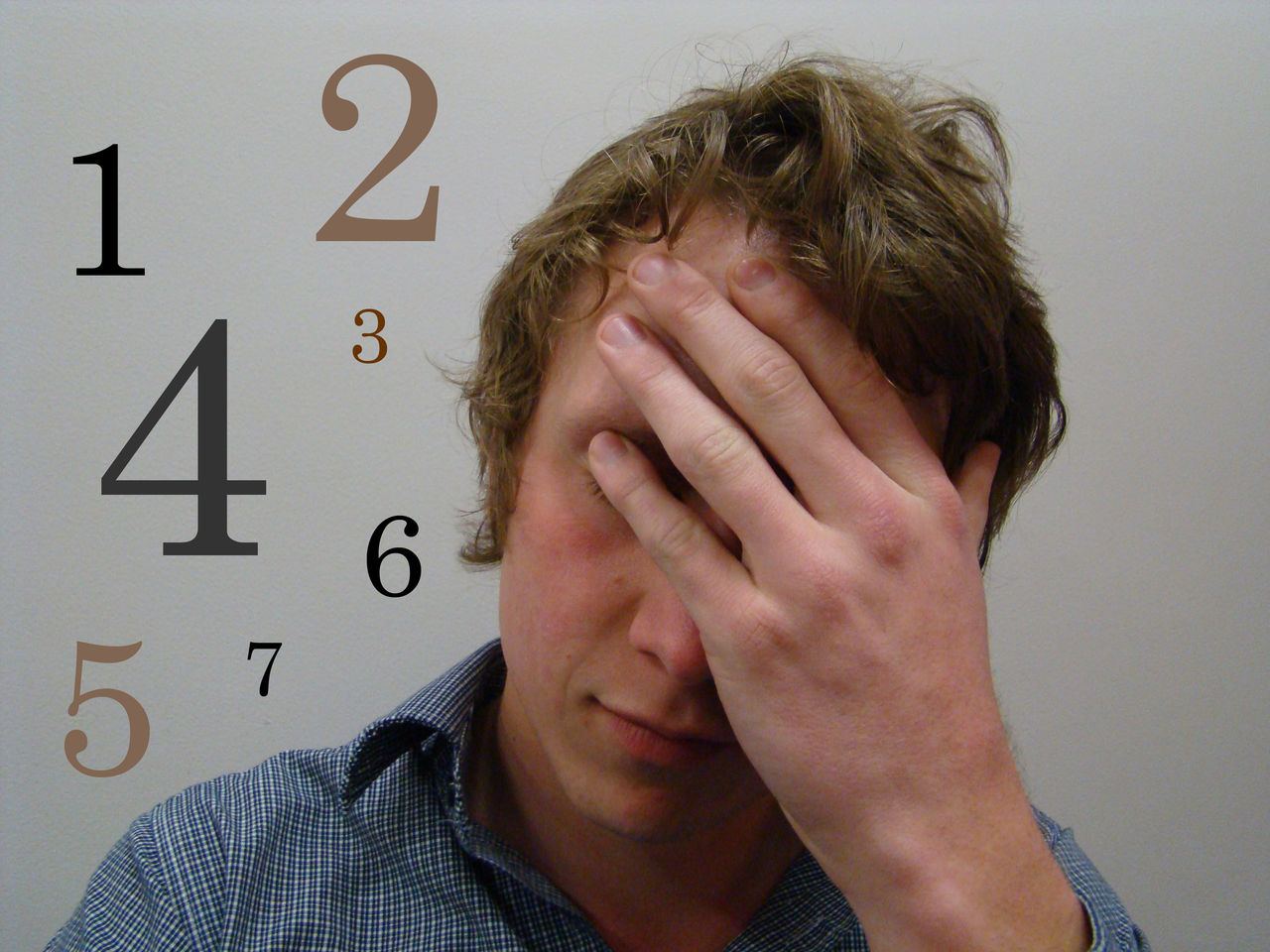10 Signs Of Anxiety Disorder
Excessive Worry

The question involved with judging excessive worry is: How much worry is too much worry? After all, nearly everyone worries about things in their lives to some extent. In some cases, a person may have an anxiety disorder if he or she has persistent worried thoughts for most days each week for a period of six or more months. If a person is continually beset by worries and stress, it is very likely that an anxiety disorder is a cause.
A large factor in whether excessive worry is coming from an anxiety disorder is how disruptive the worry is in a sufferer’s daily life. If the worry is causing an inability to function in daily life, it is reaching into the territory of an anxiety disorder.
Compulsive Behaviors

Obsessive-compulsive disorder (or OCD) is a disorder very closely linked with anxiety. With OCD, a person’s obsessive and intrusive thoughts rise to the level where they dictate behavior. This behavior can be mental or physical, with the most stereotypical being activities such as hand-washing or meticulously straightening items over and over. When it reaches the level of full OCD, a person ends up developing patterns of behaviors known as rituals, and these rituals tend to form a restrictive framework for that person’s life. People with OCD become anxious if they are not able to complete their rituals, and the result of a disruption can often be a kind of mental paralysis or panic.
